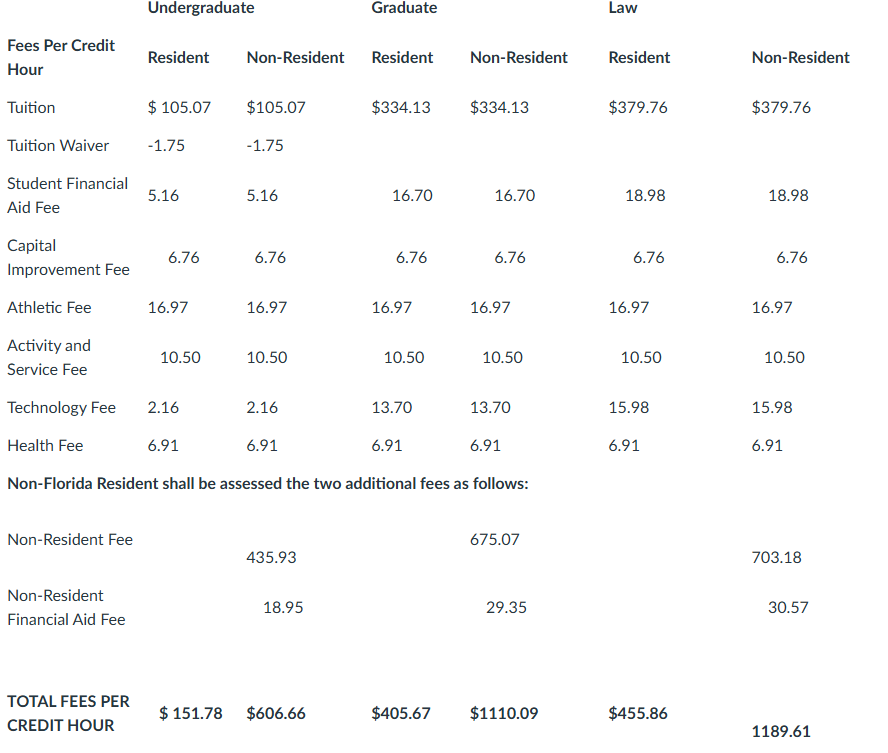In light of increasing academic pressures, Florida Agricultural and Mechanical University (FAMU) must implement designated mental health days to support student well-being. Although FAMU informally provided “mental health days” in the past, normalizing these breaks within the academic calendar is essential for maximizing their effectiveness and ensuring they reach the students who need them most.
Student Struggles
Students at FAMU face significant stress from balancing coursework, part-time jobs, extracurricular activities, and personal responsibilities. Many students, like Donielle Smith, a FAMU student and teaching assistant, feel the weight of these challenges daily.
“The rigorous coursework and the need to maintain a social life while working a part-time job felt overwhelming. This stress manifested in anxiety, sleep deprivation, and occasional feelings of burnout,” Smith said.
Smith’s experience illustrates the urgent need for formal mental health days, which would allow students like her to manage their well-being proactively before it spirals into a more serious issue.
Kenya Floyd, a special programs coordinator, adjunct professor, and counselor at FAMU, believes mental health days could be the key to enhancing student productivity.
“Implementing mental health days could be transformative, providing a necessary pause for individuals to reset and recharge,” Floyd said. “These breaks would not only improve overall well-being but also enhance productivity and engagement when students return to class.”
Student Voices on Mental Health Days
To further emphasize the importance of these breaks, Auriel Patton, a third-year public relations student shares how intense academic stress affects her.
“There have been times when I’ve seriously questioned my ability to keep going because of the pressure,” Patton said. “Between classes, work, and my personal life, it’s like I’m being pulled in a million different directions. Having designated mental health days would be extremely beneficial—it would give us permission to rest without feeling guilty or falling behind in our work.”
Patton’s experience is common at FAMU, where many students face similar struggles balancing academic and personal responsibilities. The added pressure of excelling in their studies while supporting themselves financially can take a toll on students’ mental health, making formal mental health days a vital resource.
Learning from Other Institutions
Several universities across the country have successfully implemented wellness days in response to increasing mental health concerns among students. These initiatives serve as models for FAMU to follow. According to NPR, “After cases of student anxiety and depression rose sharply during the pandemic, a growing number of colleges have started offering ‘wellness days’ to help ease their COVID-related stress.” Schools such as Duke University and the University of North Carolina at Chapel Hill have integrated mental health days into their academic calendars, strategically placing these breaks after high-stress periods like midterms and finals to minimize academic disruption.
FAMU could adopt a similar approach by scheduling mental health days after stressful academic periods. Aligning them with existing breaks, such as fall or spring breaks, would ensure students receive needed time to rest and recharge. Additionally, placing mental health days after midterms, when stress levels tend to peak, could help prevent students from experiencing burnout during the remainder of the semester.
Improving Mental Health Resources and Awareness
FAMU’s current mental health resources, including counseling services, stress management workshops, and peer mentors, provide valuable support. However, these services are often underutilized. Smith points out that insufficient awareness and stigma around seeking help hinder the effectiveness of these resources.
“A lot of students don’t even know about the mental health services on campus, or they feel like they don’t have the time to access them,” Smith said. “There’s still a stigma around getting help, especially in the Black community, where many people feel like they need to push through and be strong. But mental health days would help students realize that taking care of yourself isn’t a sign of weakness.”
FAMU can improve the visibility and accessibility of mental health services by promoting them more actively and fostering a campus culture that encourages self-care. As Kenya Floyd suggests, peer-led initiatives could also play a vital role in normalizing conversations about mental health on campus.
“Students should feel empowered to take care of their mental health, and part of that comes from creating a culture where it’s okay to ask for help,” Floyd said. Peer advocacy groups, mental health awareness campaigns, and student-driven support networks could help break down the stigma and encourage more students to seek support.
Mental Health Days as Part of a Larger Strategy
Designated mental health days could be seamlessly integrated into the academic calendar without disrupting students’ academic progress. Smith suggests that aligning mental health days with existing breaks and scheduling them after high-stress periods could provide students with the necessary downtime to recharge without the guilt of falling behind in their studies.
“If mental health days were part of the academic calendar, it wouldn’t feel like I was neglecting my work,” Smith said. “I’d be able to focus on resting, knowing that everyone is taking a break too”.
In addition to formal mental health days, FAMU can implement policies that encourage professors to offer flexibility when students are overwhelmed. Flexibility with deadlines, open conversations about mental health, and encouraging students to prioritize self-care could create a more supportive academic environment.
Formalizing mental health days at FAMU would significantly benefit not only students but also faculty and staff. By prioritizing mental health and following the examples set by other universities, FAMU can create a more supportive environment that promotes holistic well-being. This proactive approach would alleviate stress, prevent burnout, and enhance academic performance and engagement, ultimately leading to a healthier, more productive student body.














